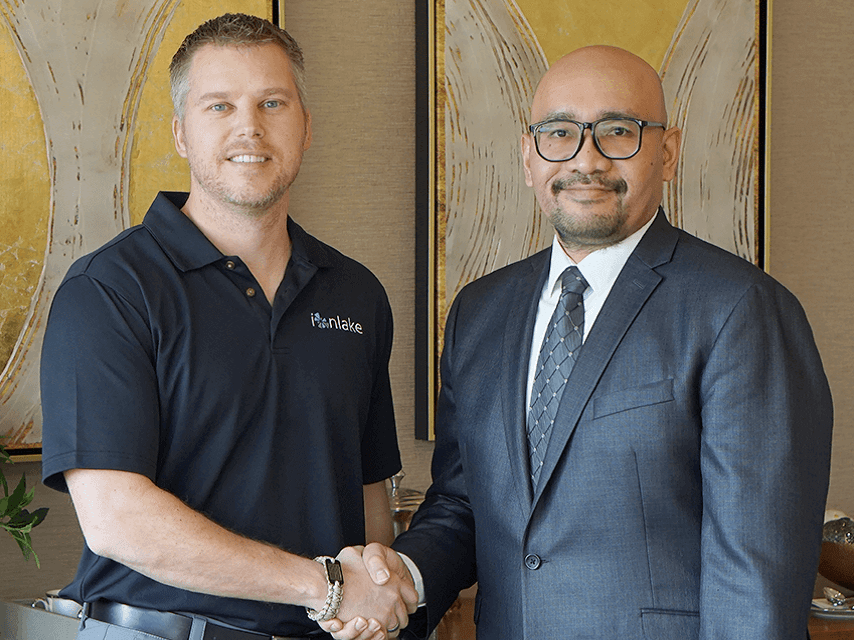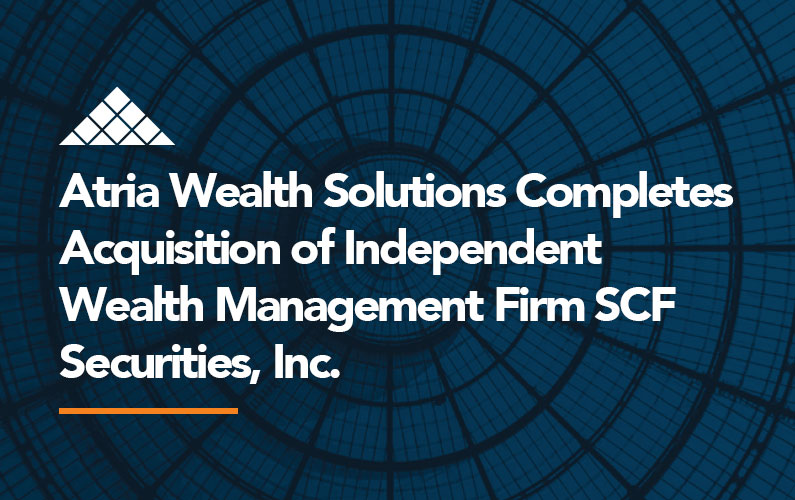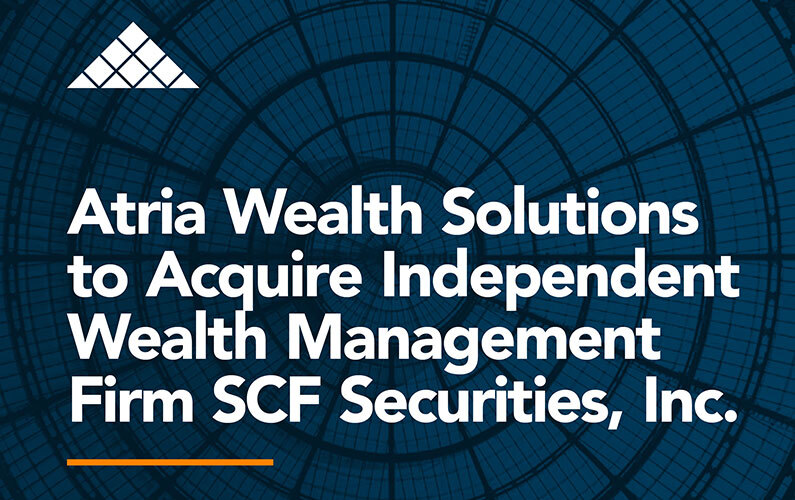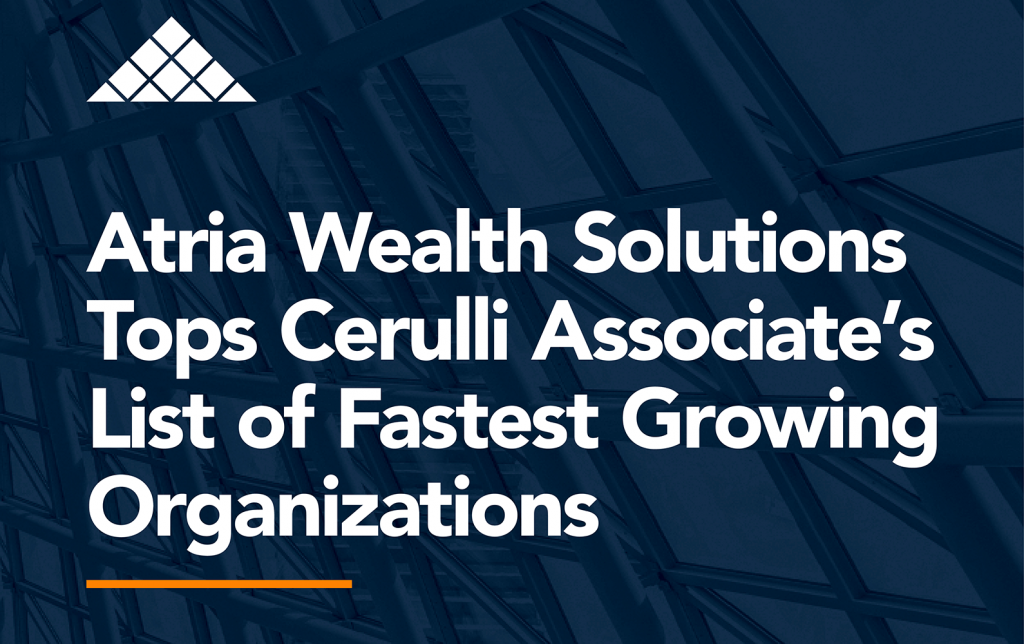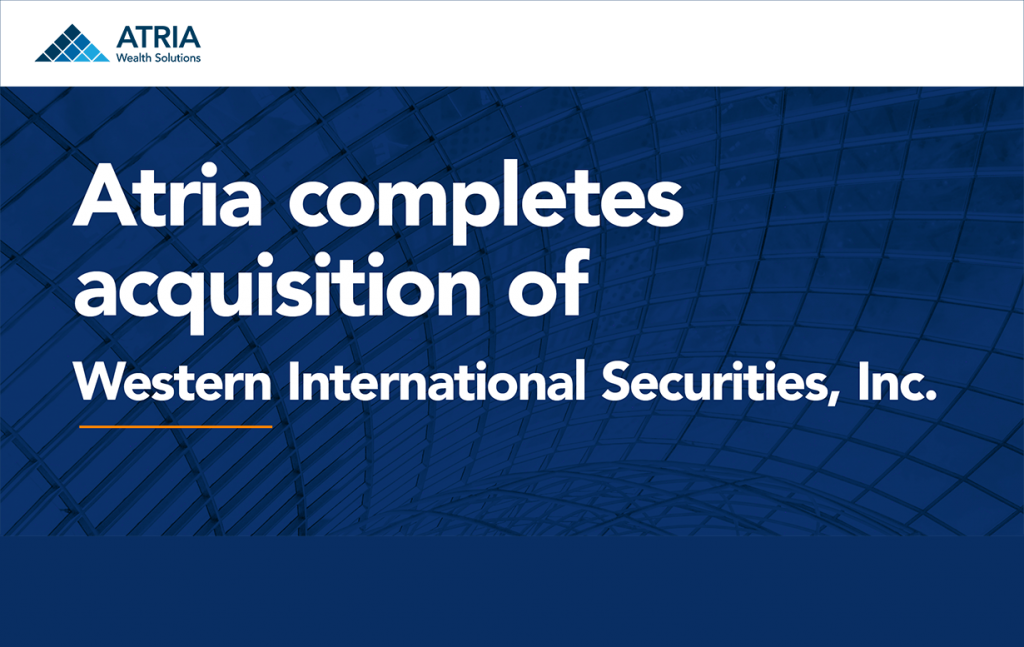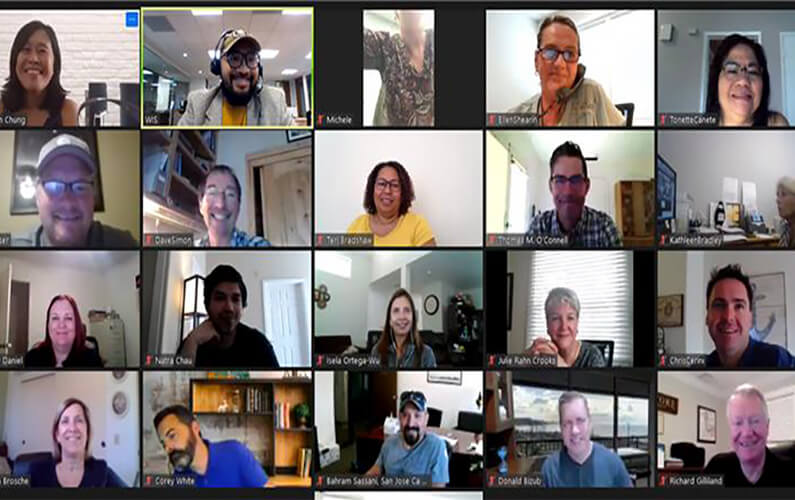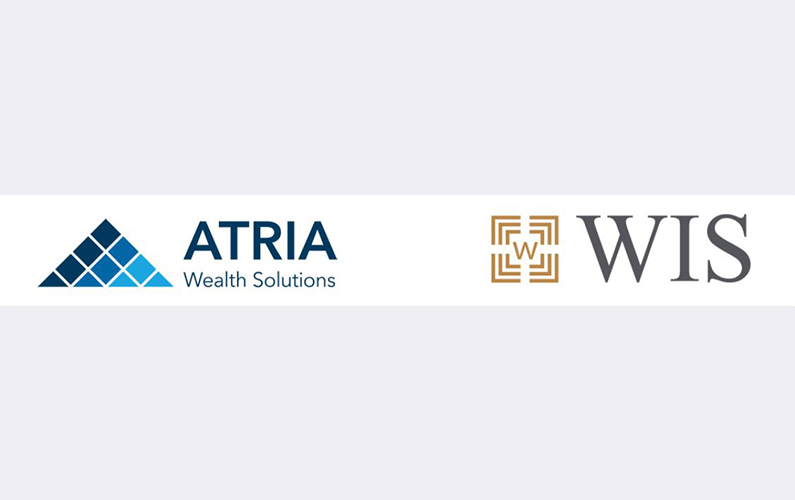Anti-Money Laundering (AML)
The AML Program works to mitigate certain risks to the firm by
- Understanding the nature and purpose of customer relationships
- Conducting ongoing monitoring to identify and report suspicious transactions
- Maintaining and updating customer information, including beneficial ownership information for legal entity customers
You may be contacted by a member of the AML staff to clarify certain information about your client(s) and their activity throughout their relationship with Western International Securities (WIS).
- • For example, they may request clarification on a person’s occupation if it is simply stated as ‘retired’. Rather the client agreement should state what occupation the individual is retired from; such as ‘retired electrician’.
- • Another example may be if the client receives a wire from an unknown third party, an AML staff member may request the purpose for the wire and supporting documentation.
What does AML cover?
Anti-Money Laundering isn’t just about money laundering and cash. Often referred to as a ‘Financial Intelligence’ the main purpose is to identify financial transactions that may involve:
- • Tax Evasion
- • Fraud
- Elder Financial Exploitation
- Debit / Credit Card Fraud
- Wire / ACH / Check Fraud
- Identity Theft
- Penny Stock Fraud / Securities Fraud
- Investment Fraud
- • Terrorist Financing
- • Bribery and Corruption
- • Market Abuse and Insider Trading
- • Marijuana Related Business activities
Potential Red Flags in Customer Due Diligence and Interactions with Customers
- The customer provides unusual or suspicious identification that cannot be readily verified or are inconsistent with other statements or documents provided.
- The customer is reluctant or refuses to provide information regarding the nature and purpose of the customer’s business, prior financial relationships, anticipated account activity, business location and an entity’s officers and directors.
- The customer refuses to identify a legitimate source of funds or information is false, misleading or substantially incorrect.
- The customer has difficulty describing the nature of his or her business or lacks general knowledge of his or her industry.
- The customer’s legal or mailing address is associated with multiple other accounts or businesses that do not appear related.
- The customer is domiciled in, doing business in or regularly transacting with counterparties in a jurisdiction that is known as a bank secrecy haven, tax shelter or high-risk geographic location.
- Common tax havens include Cayman Islands, British Virgin Islands, The Bahamas, Bermuda, The Turks and Caicos Islands, Anguilla, Panama, Macau, British Isles, Switzerland, Liechtenstein, Luxembourg and Campione.
- The customer has been rejected or has had its relationship terminated by other financial services firms.
- The customer appears to be acting as an agent for an undisclosed principal but is reluctant to provide information.
- The customer is a trust, shell company or private investment company that is reluctant to provide information on controlling parties and underlying beneficiaries.




